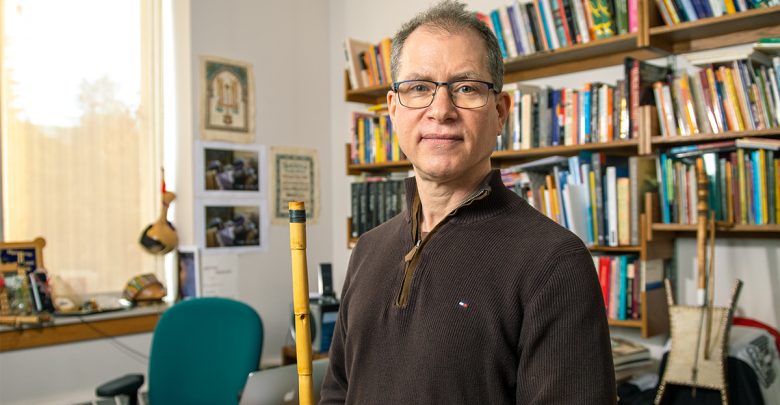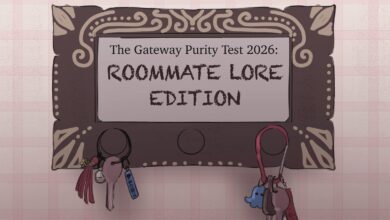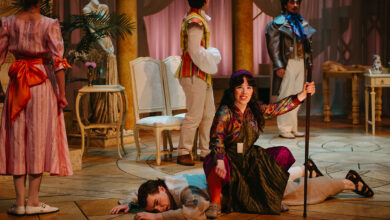Edmonton Transcultural Orchestra brings global culture to campus
 Richard Siemens (2018)
Richard Siemens (2018)What: Music for a Better World: International Week Concert 2019 – Edmonton Transcultural Orchestra
When: February 8, 2019, 7:00-9:00 p.m.
Where: Convocation Hall
Addressing complex cultural narratives through abstract mediums is no mean feat. Yet the Edmonton Transcultural Orchestra (ETO) was clearly up to the task as it marked the closing event for International Week 2019.
Prior to their dress rehearsal, I interviewed Michael Frishkopf, founder and director of the ETO, as well as musicians Asal Andarzipour and Deepak Paramashivan, in Convocation Hall. Our conversation left me excited to return for their performance.
This year, International Week focused on the United Nations’s 17 Sustainable Development Goals, presenting talks on topics ranging from sustainable food consumption to gender equality. The ETO was uniquely positioned to conclude International Week by addressing these topics through music.
“Music, generally, can try to set a very high standard on how people relate to each other in a harmonious way,” said Frishkopf. “In its best form, music connects.”
A U of A professor of music, Frishkopf’s research spans from the music and sounds of Islam to music and global health. Frishkopf started the ETO in the fall of 2017 as an initiative of the Canadian Centre for Ethnomusicology, where he is the director.
The orchestra contains a variety of instruments from different cultures. Each instrument adds a new sonic texture that diversifies the sound of the orchestra. The ETO’s foundational concept is Music for Global Human Development, a framework that champions human connection and challenges traditional notions of culture through music.
According to Frishkopf, it is important to frame people as individuals with many different identity attributes rather than viewing cultures as discrete units.
“[That view] is bridging gaps,” Frishkopf said. “Gaps that probably shouldn’t even exist.”
For its concert, the orchestra chose pieces from many cultural backgrounds. Each song represented one of the Sustainable Development Goals.
“Gole Gandom,” which represented the second sustainable development goal of zero hunger, brought lively energy to Convocation Hall. Many audience members bobbed their heads and tapped their toes to the delightful rhythm.
Andarzipour, who plays the tombak, said the song’s name translates to “Wheat Flowers,” evoking images of farmers preparing the wheat for harvest. Andarzipour said that farming wheat, the basis of human food, is very meaningful to her, as is the piece itself.
“My sister was a player too and when I was a child she used to play this song,” Andarzipour said. “This is very nostalgic for me. It is very close to my heart.”
The orchestra’s focus on individuality is displayed in its personal connections. Paramashivan, a veena player, explained how all members are recognized as important contributors regardless of profession, musical experience, or cultural background.
“[The ETO is] the blurring of the false boundaries that have been created,” Paramashivan said. “It’s a space where people can come together and perform music.”
I found it fascinating to witness that musical space come alive. With the orchestra’s unique instrumentation, each musician contributed to the music’s diverse yet well-balanced texture. While the ETO’s mission is to challenge traditional notions of culture, it makes captivating music all the while.
“Music is the language that brings people together,” Andarzipour said.




